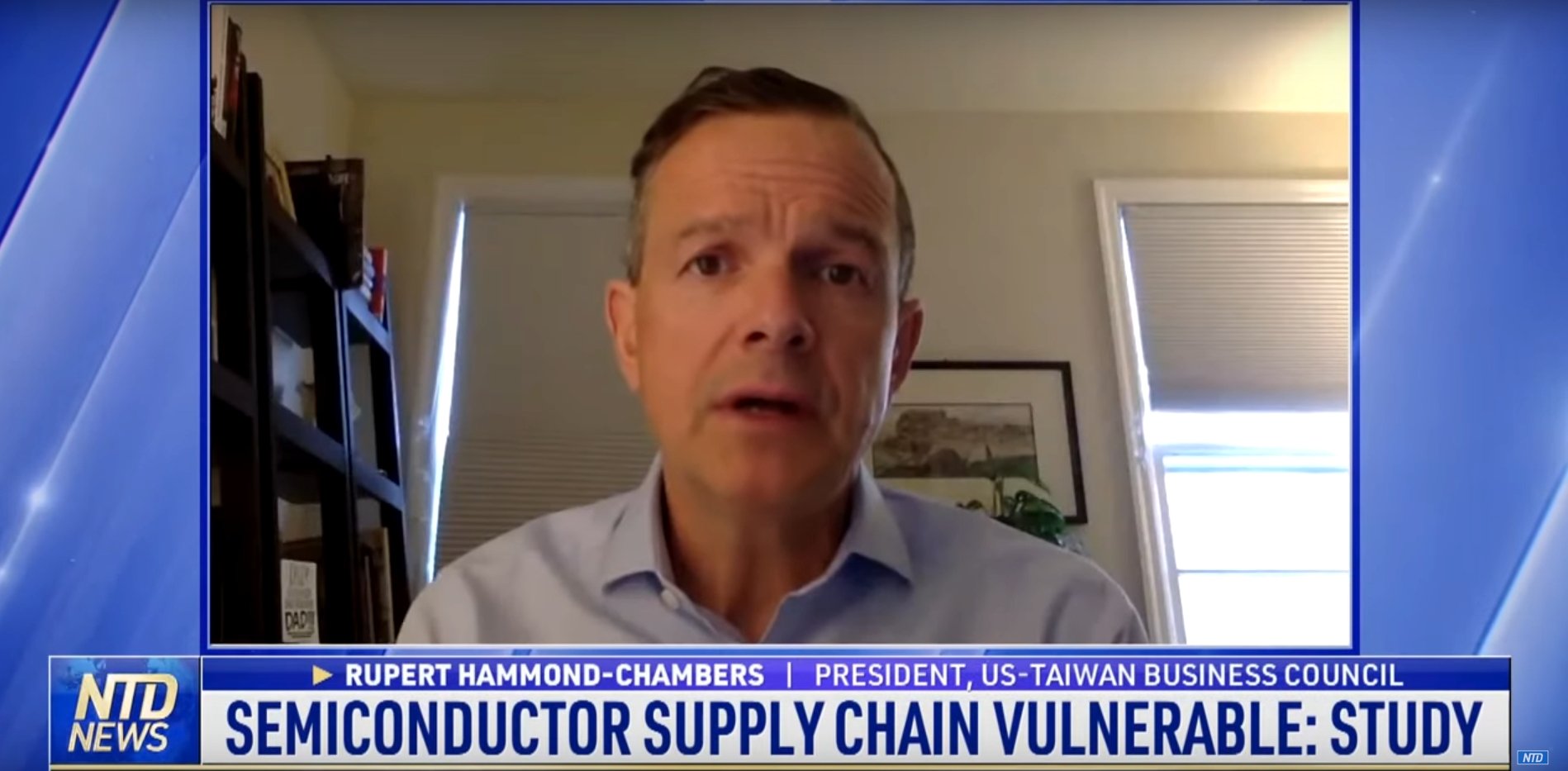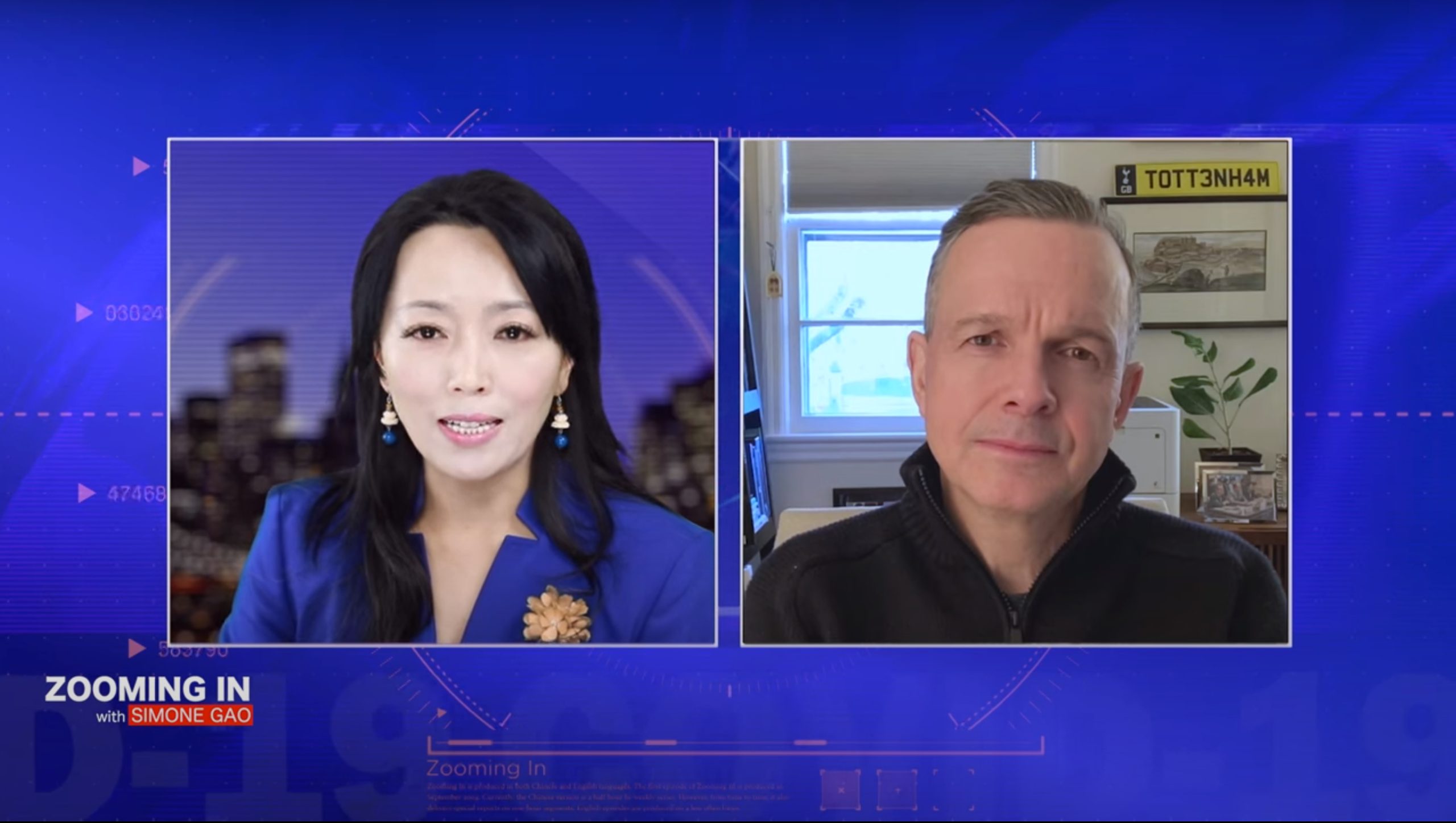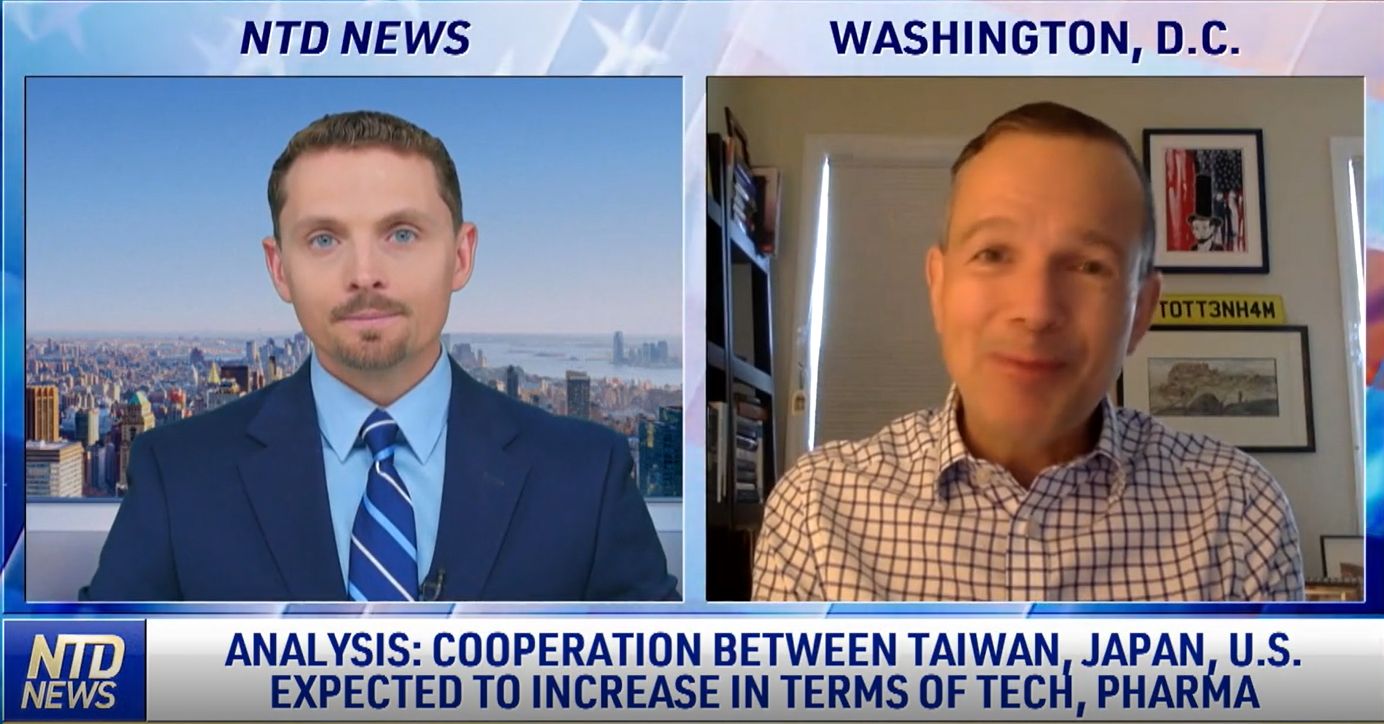Media Mention: Council President discusses the Monterey Talks with TaiwanPlus
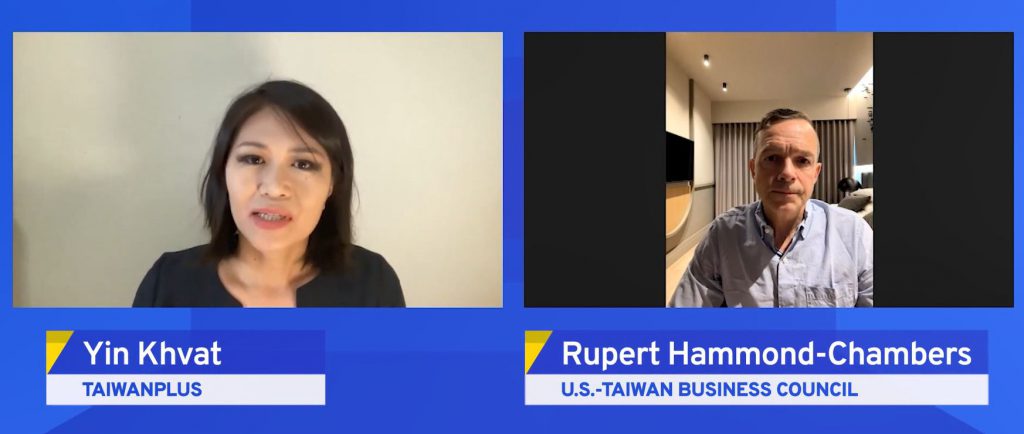
Council President Rupert Hammond-Chambers on TaiwanPlus News, June 20, 2022. [YouTube Screenshot]
These talks are important right now as we are seeing the most significant shift in U.S. security assistance to Taiwan since the Taiwan Relations Act. The Biden Administration is undertaking a turnover of the U.S. arms sales and security assistance policy [like] we haven’t seen since the switch in recognition in 1979. That will direct Taiwan to procure certain items on a list presented by the United States and handle its security assistance engagement with the United States in a very specific way.
The Biden Administration, in our view, is focusing on only a D-Day style attack, when there are a range of issues that Taiwan has to face in all phases of a potential conflict with China. To focus only on one area is to provide the PLA and the Chinese generally with an opportunity to focus on those areas that the Biden Administration is forcing Taiwan not to focus on.
[On procurement of specific systems being cancelled.] Although we don’t get into specific advocacy with weapon systems with the Biden Administration, we talk more generally about the challenges the policy faces. The systems that we’re talking about here are designed to hunt submarines in the Taiwan Strait for the Taiwan Navy. They’re designed to control Taiwan’s new F-16 fleet, the new F-16s that will arrive in 2023-26, the ones that are being upgraded, [as well as] mobile artillery which would be used to fight Chinese invading forces coming ashore. These three programs have been cancelled.
[The recent statement of intent by Mr. Biden to defend Taiwan] is extremely important in potentially making this policy direction that the Biden Administration is rolling out workable. Because what in essence the new policy does is it removes key areas of Taiwan’s ability to maintain its own defense in areas like anti-submarine warfare or blockade scenarios. By being specific, Mr. Biden is filling those gaps – or could potentially fill those gaps – by stating categorically, “We’re not going to sell you anti-submarine helicopters. We’re not going to provide you with aircraft to control your fighters. But we will do those for you, and we will train with you, so that your forces and our forces are able to operate together.” That kind of strategic clarity would make this new policy viable. In the absence of that clarity, this new policy could create new vulnerabilities for Taiwan that the PLA would attack.
Source: TaiwanPlus News

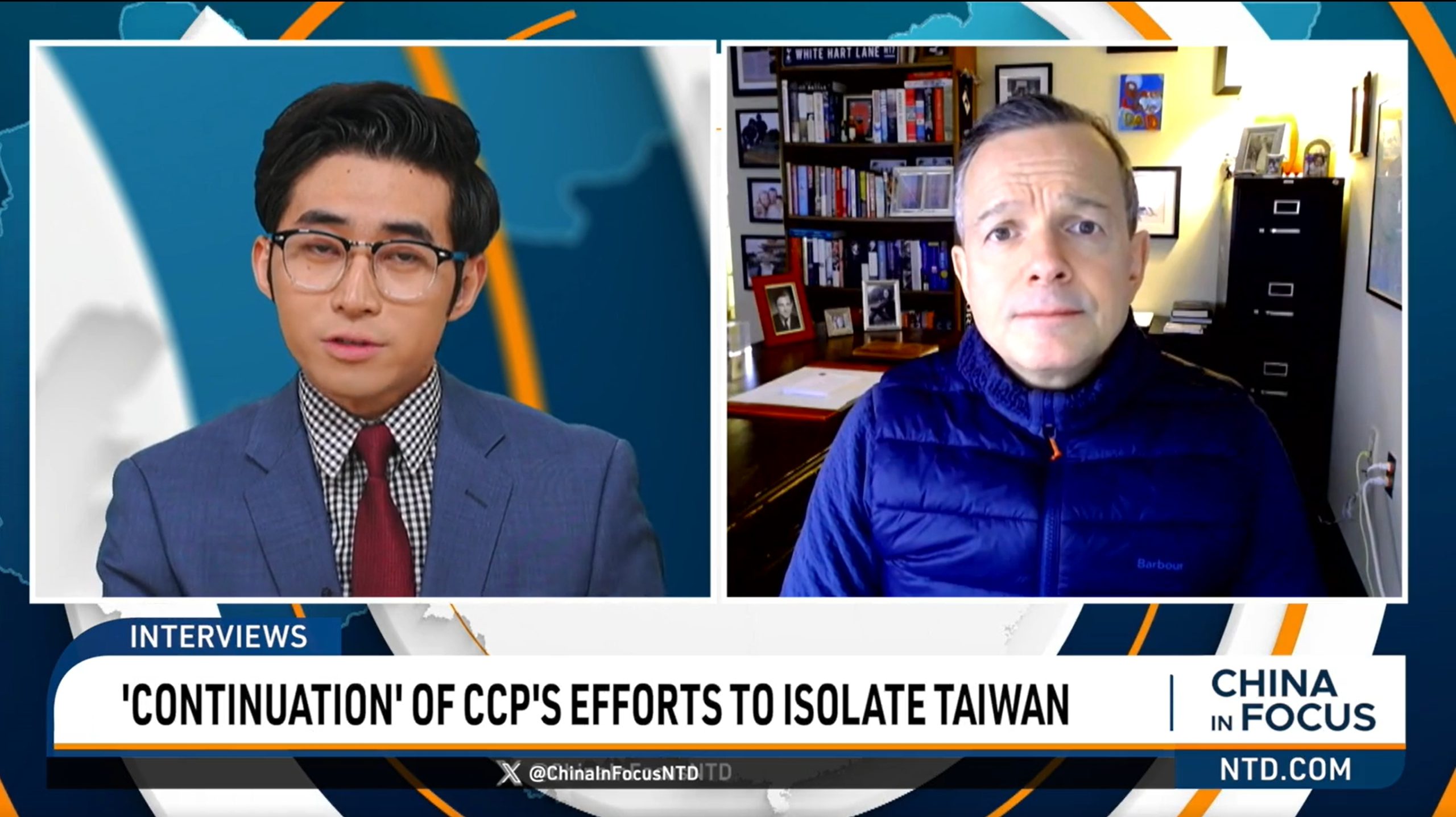
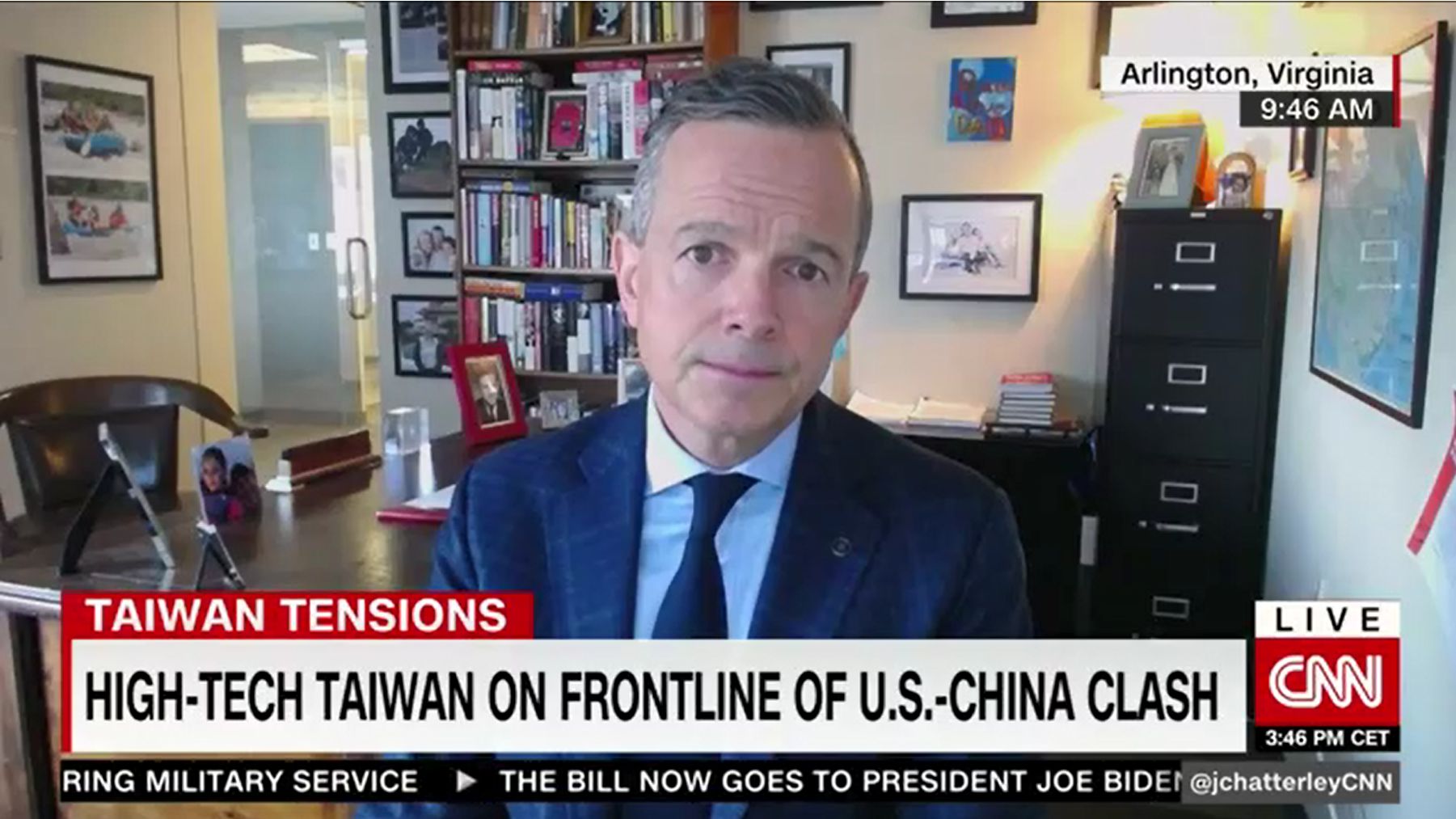
![Council President Rupert Hammond-Chambers on NTD News, August 3, 2022. [YouMaker Screenshot]](https://www.us-taiwan.org/wp-content/uploads/2022/08/2022.08.03-Rupert-on-NTD-News.jpg)
